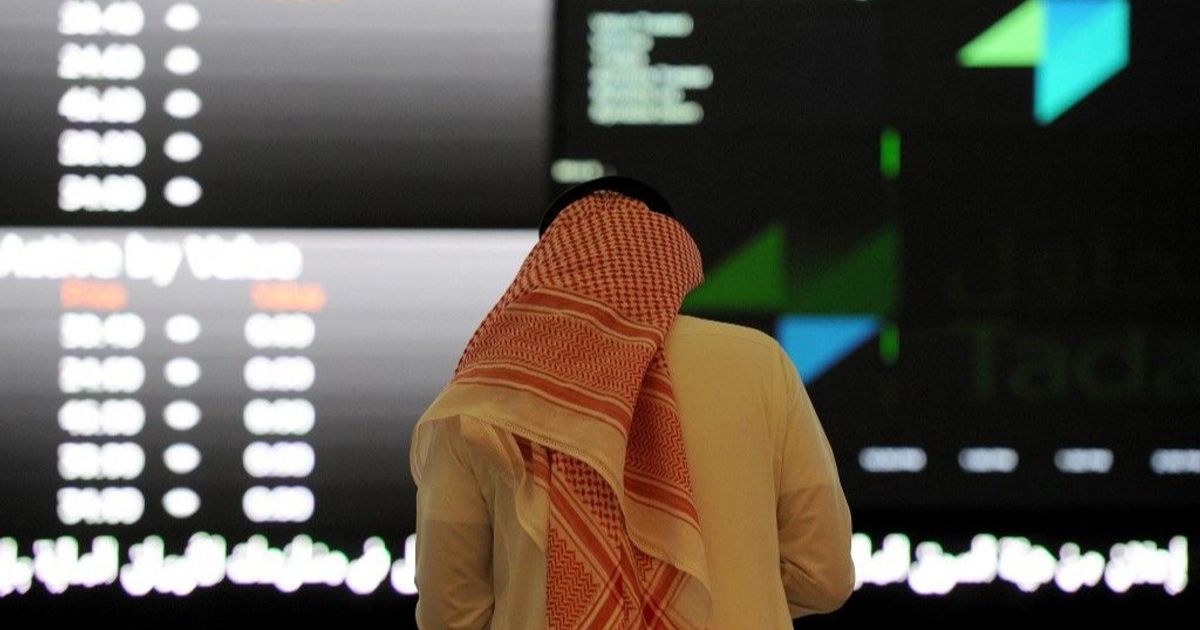The most important index of Saudi shares “Tassi” dropped in the fourth consecutive session, on their way to keeping a weekly loss, amid the absence of incentives affecting the morale of clients and expanding other market investment instruments. The index opened a 0.1% decline to descend without a 10800 points threshold, with the decline in the basic materials sector involving the shares of petrochemical companies, and despite the minor gains of the “Aramco” and “Al -Rajhi Bank” – the two largest shares on the index and “Saudi Telom” (STC). Majid Al -khalidi, the first financial analyst in the newspaper “Al -iqtisadiah”, believes that the resistance facing the index permeates the level of 10900 points of morale in the market, especially with the succession of the issues of debt instruments of Saudi banks, which is an additional competition for shares. In an intervention with “Al -Sharq”, Al -khalidi said: “At the beginning of this week, the hope was great that the index could come from its current scope and exceed 10900 points, but the lack thereof affected the morale of investors, especially those who recently entered the news of reducing interest and the freshness of the petrochemical sector, which led to them.” Religious tools compete with Al -khalidi that high interest rates still affect the appetite for market risk. Saudi banks reinforce their debt instruments during the third quarter, at a time when markets are preparing to lower US interest rates next month. The latest exemptions of the week of the “Saudi -Fransi Bank” came one billion dollars, “the first Saudi”, at a value of $ 1.25 billion, and the “development bank” at a value of $ 500 million. The “Arab national” bank also announced its intention to issue additional capital instruments from the first segment. The outcome of the debt instruments listed from the banks listed in the Saudi market is increasing to $ 13.15 billion since the beginning of this year, to exceed the total issues, which amounts to $ 9.5 billion last year. Al -khaldi said that “the returns provided are mostly between 6%, compared to lower returns on bank shares at about 5.5%. Of course, the risks are higher in shares, especially as banks spread a large percentage of their profits.” The opportunities in the banking sector, on its part, Abdullah Al -Hamid, head of investment consultations at GIP Capital, believe that the shares of Saudi banks are still attractive in light of their continued performance of good quarterly results. In an intervention with “Al -Sharq”, Al -Hamid said that “the sector share is trading with a large discount against the region’s banks, as well as compared to the historical judgments of the sector.”
The Saudi
